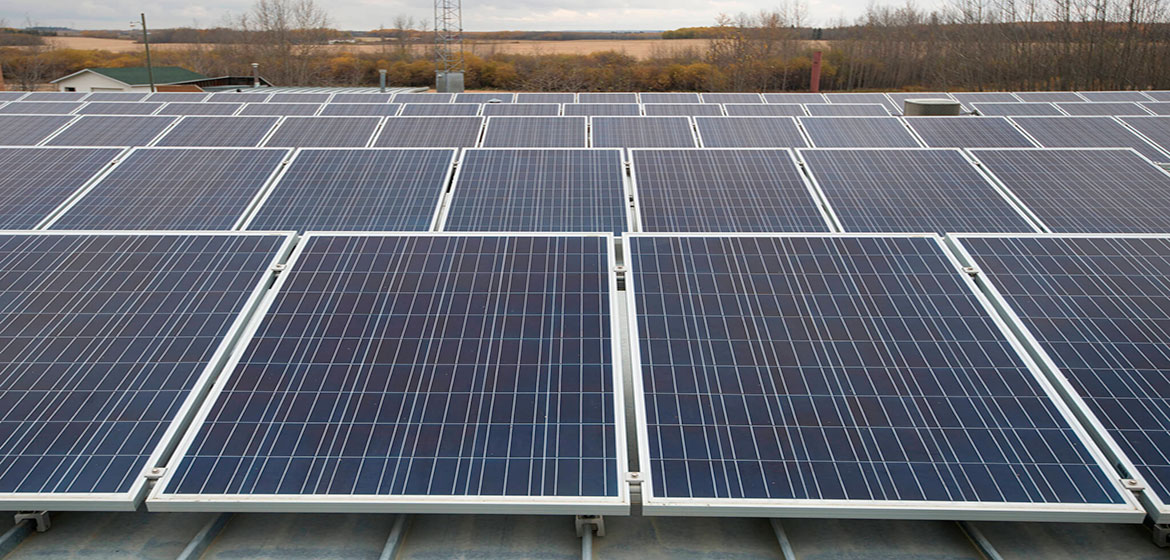By University of Waterloo
Indigenous communities are rejecting non-indigenous energy projects in favour of community-led sustainable energy infrastructure.
The switch has led to some improvements in economic and social development as well as capacity-building for self-governance, according to a study from the University of Waterloo.
“Many indigenous communities decided to take back control of their own energy production and not rely so heavily on government utilities,” said Konstantinos Karanasios, lead researcher and PhD candidate at Waterloo’s Faculty of Environment. “By building solar, wind and hydroelectric power projects, they have been able to develop at their own pace, realize their own vision for environmental sustainability and learn valuable lessons about how to build and manage infrastructure projects.”
The study looked at 71 renewable energy projects, including wind, hydroelectric and solar power, installed between 1980 and 2016 in remote indigenous communities across Canada.
The small-scale projects examined demonstrated positive results environmentally and economically on an encouraging learning curve. From 2000 to 2016, solar projects in remote indigenous communities grew from two in 2006, to 23 in 2012 and 53 in 2016.
“Projects like these offer a blueprint for future larger projects in remote communities across Canada,” said Karanasios. “Furthermore, indigenous communities are showing all Canadians that community-led renewable energy projects can be successful and economically feasible.”
Remote communities in Canada have long-relied on non-renewable energy such as diesel fuel for electricity generation and economic development. Energy production from diesel fuel is often associated with high carbon emissions, spills, leakages, and service quality issues. Fossil fuel can also be unpredictable due to shifting governance regimes, fossil fuel prices and carbon emission policy, potentially restricting community development.
The full study “” appeared recently in the journal Energy Policy.
Source:
Related to SDG 7: Affordable and clean energy



